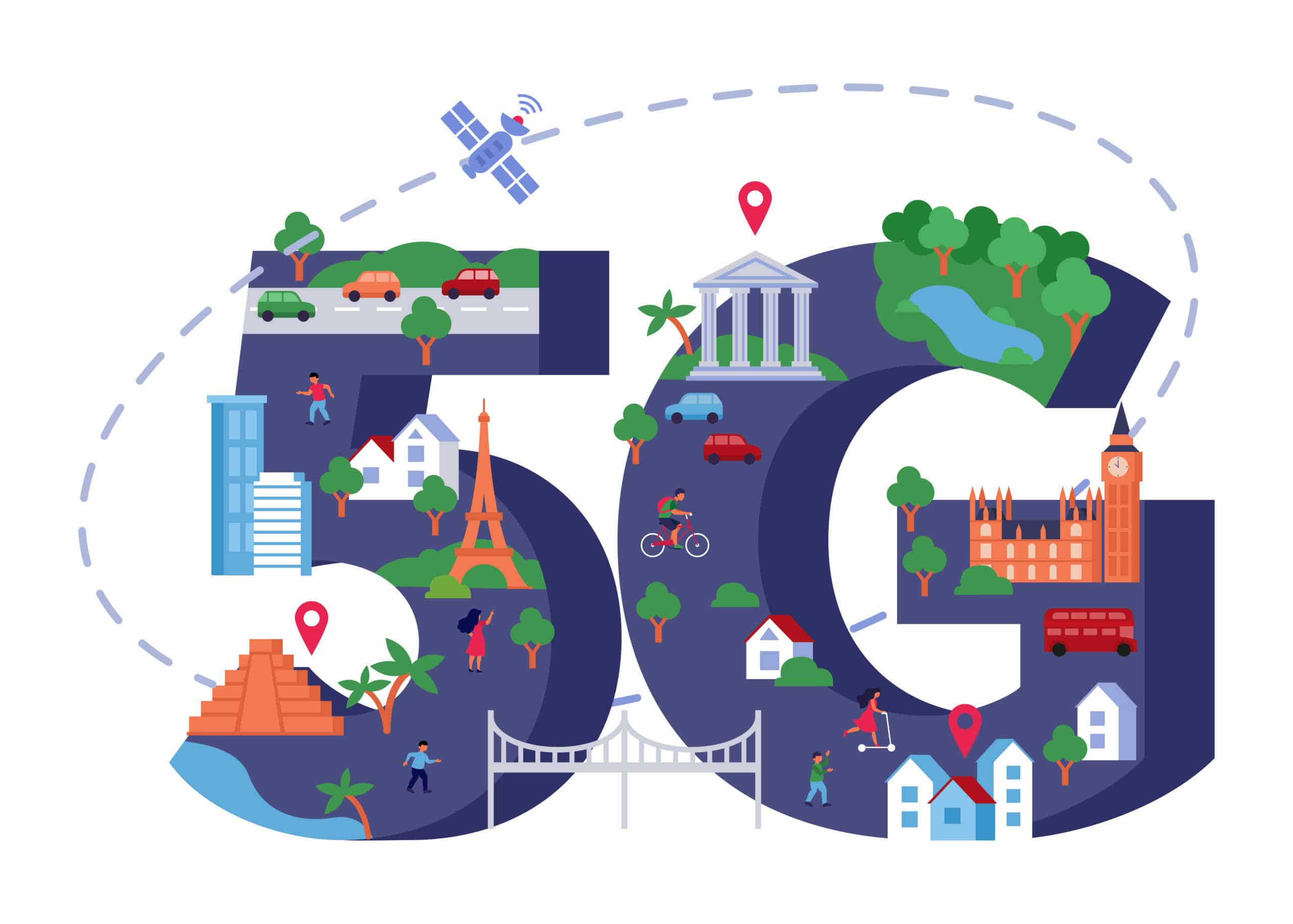Mobile communications is entering its next generation with 5G, and it is far from an incremental upgrade. The technology, which boasts higher speeds, responsiveness, and connectivity over 4G, is expected to accelerate the fourth industrial revolution, with automation as a key feature.
With the rollout of 5G infrastructure and devices, companies are looking to secure a portion of the market before mass adoption sets in. This begins with internal implementation of next-gen wireless, in addition to developing and patenting technology for 5G.
As of 2020, six companies held over 80% of all patents declared to the 5G standard. China’s Huawei topped the list, followed by Samsung, LG, Nokia, Ericsson, and Qualcomm.
While the number of patents owned by a company could signal profit to investors, it is not a wholly reliable metric for determining the future leaders of the 5G market.
A recent study published by the Hudson Institute, a prominent U.S. think tank, calls patent counting a “noisy” indicator of innovative activities, since it assumes all patents are of equal value.
Such a one-dimensional picture of 5G leadership could mislead investors, but worse is how patent counting could impact public policy, if regulations and legislation are based on mistaken assumptions on who contributes to 5G innovation.
Additionally, the study cited a UK Supreme Court ruling that called out the “perverse incentive” for companies to over-declare their patent portfolio when negotiating licensing rates. Companies and governments may resort to artificially inflating their patent numbers if 5G incentives are rashly doled out.
Another side effect of patent counting is how it might encourage companies to invest in less valuable patents, instead of funding breakthrough innovations. In the end, 5G advancement is reduced to a slow crawl of incremental technologies rather than making leaps and bounds.
5G will bring $13.2 trillion in global economic value and generate 22.3 million jobs by 2035, according to the World Economic Forum. Leaders in this valuable sector must be determined by innovative output, so as companies race to patent their 5G inventions, regulators must weigh contributions on a case-by-case basis, and grant incentives accordingly.



